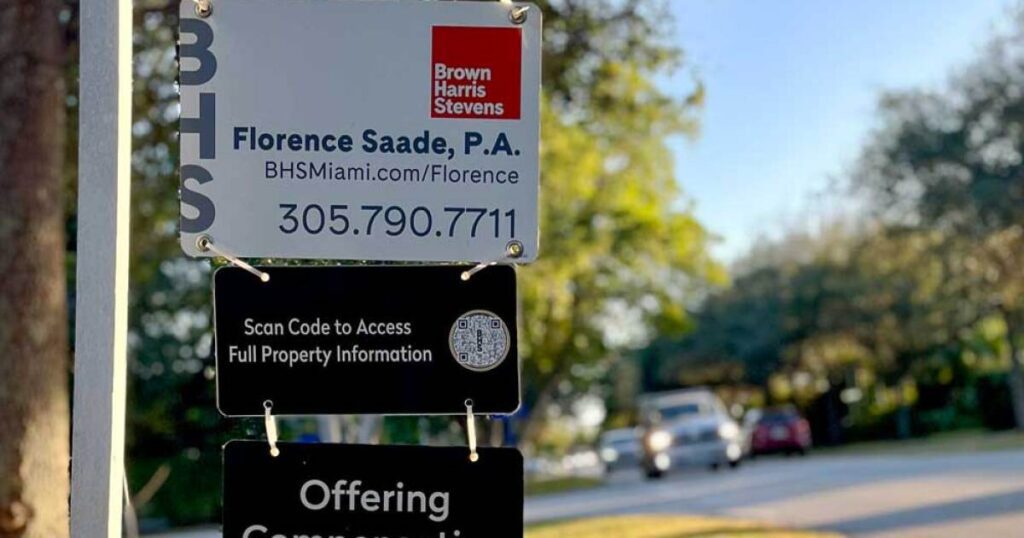Potential Savings for Home Buyers Amid Changes in Real Estate Commissions
Home buyers may find themselves paying slightly less when purchasing properties, thanks to recent changes in real estate agent commission structures. While the decrease isn’t dramatic, it’s worth noting for those navigating the housing market.
Overview of Commission Changes
The adjustments to how real estate agents are compensated stem from a class-action lawsuit settlement with the National Association of Realtors. Previously, commissions for agents were embedded in the home’s sales price and published on the Multiple Listing Service (MLS). With the new rules enacted in October, agents representing buyers must outline their compensation in a written agreement, changing the dynamics of real estate transactions.
Trends in Buyer Agent Commission Rates
According to a recent analysis by Steve Brobeck, a senior fellow at the Consumer Federation of America, a gradual decline in buyer agent commission rates has become apparent. Below are key findings from various surveys conducted on real estate agents nationwide:
- Decline in Rates: The percentage of a home’s sale price allocated to buyer agents has dropped by as much as 0.4%.
- Impact on Agents: Inexperienced and part-time agents have seen a sharper decline compared to successful, full-time agents.
- Average Savings: Data from multiple studies indicates that commissions for agents representing buyers have decreased by about one-third of a percent since August, equating to roughly $2,000 on a $500,000 home purchase.
Future Projections
Brobeck anticipates a continued downward trend, suggesting that average buyer agent rates could settle around 2% in the coming years. He emphasized that seasoned agents may retain the ability to charge higher rates than new entrants to the market.
Confusion in the Market
Despite the potential for cost savings, the transition to the new commission structure has not been without challenges. Brobeck noted that both consumers and agents are still adjusting to the new rules, which can lead to confusion. Buyers must now secure a written agreement before working with an agent, a shift that some agents are using to establish clear expectations.
Agent Perspectives
Vincent Imburgia, a real estate professional based in the Miami area, acknowledges the changes but remains optimistic about the benefits they bring:
"I think the market needed this shift. There needs to be enhanced professionalism and transparency."
Imburgia’s experience reflects a longstanding practice, where he has typically been compensated by sellers rather than buyers. However, he notes that buyers may still see home sellers cover buyer’s agent commissions akin to traditional practices.
The Bigger Picture
Amid these changes, the overall commission rates for buying and selling homes may stabilize around 4% to 4.5% within a few years. While this transition might present initial hurdles, it allows for greater negotiation opportunities and clarity in transactions.
Final Takeaway
Today’s buyers should be aware of the evolving landscape in real estate commissions. The gradual drop in commission rates, while not monumental, presents opportunities for savings and transparency in home buying.
For further insights on the implications of these changes, consider exploring resources like the Consumer Federation of America or detailed guides on real estate commission structures.
Embracing these shifts can empower buyers to make informed decisions in their home buying journeys.


